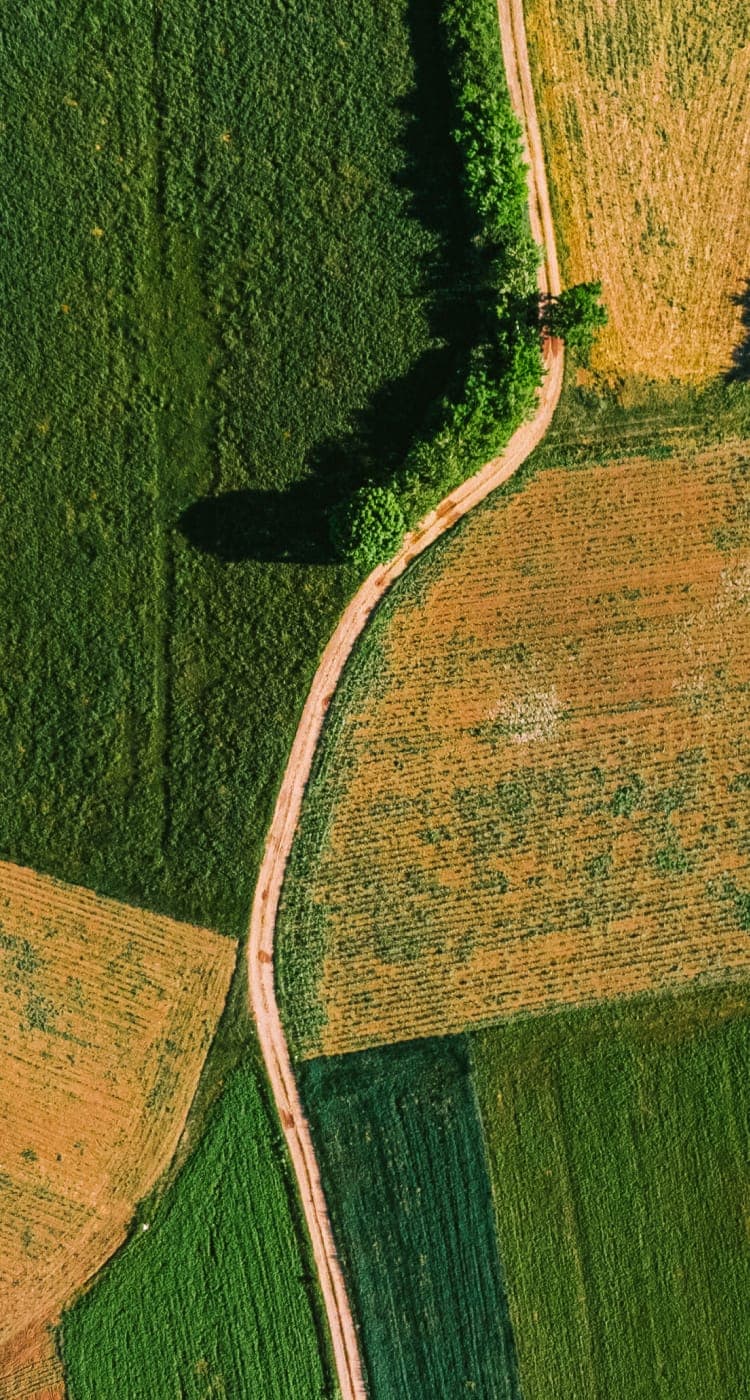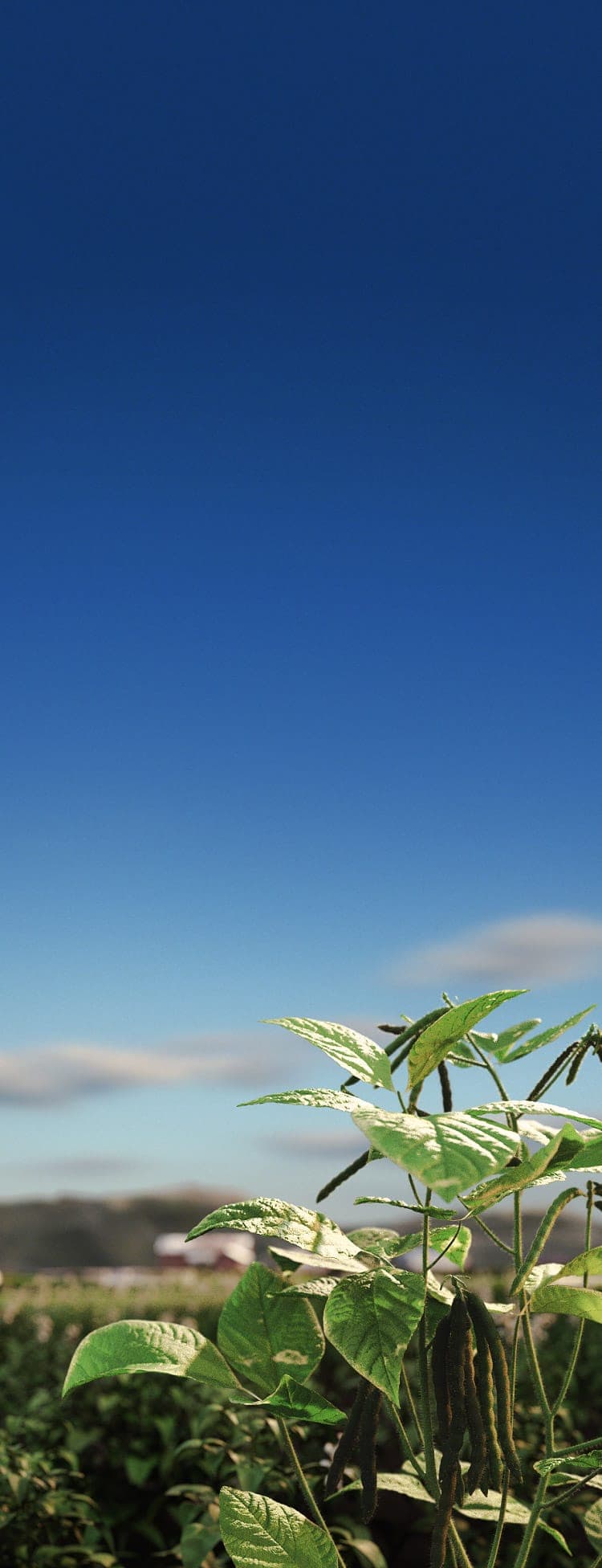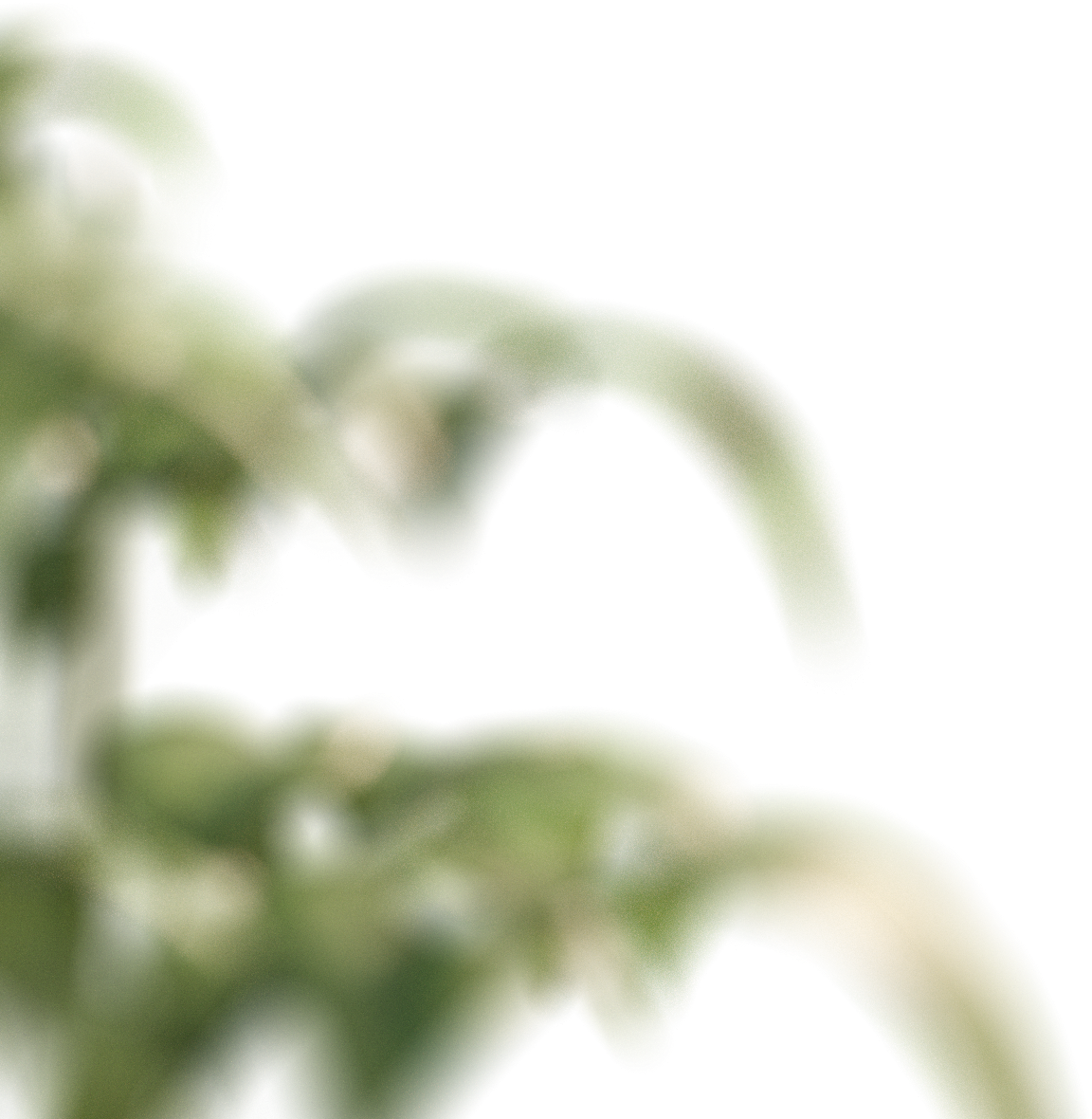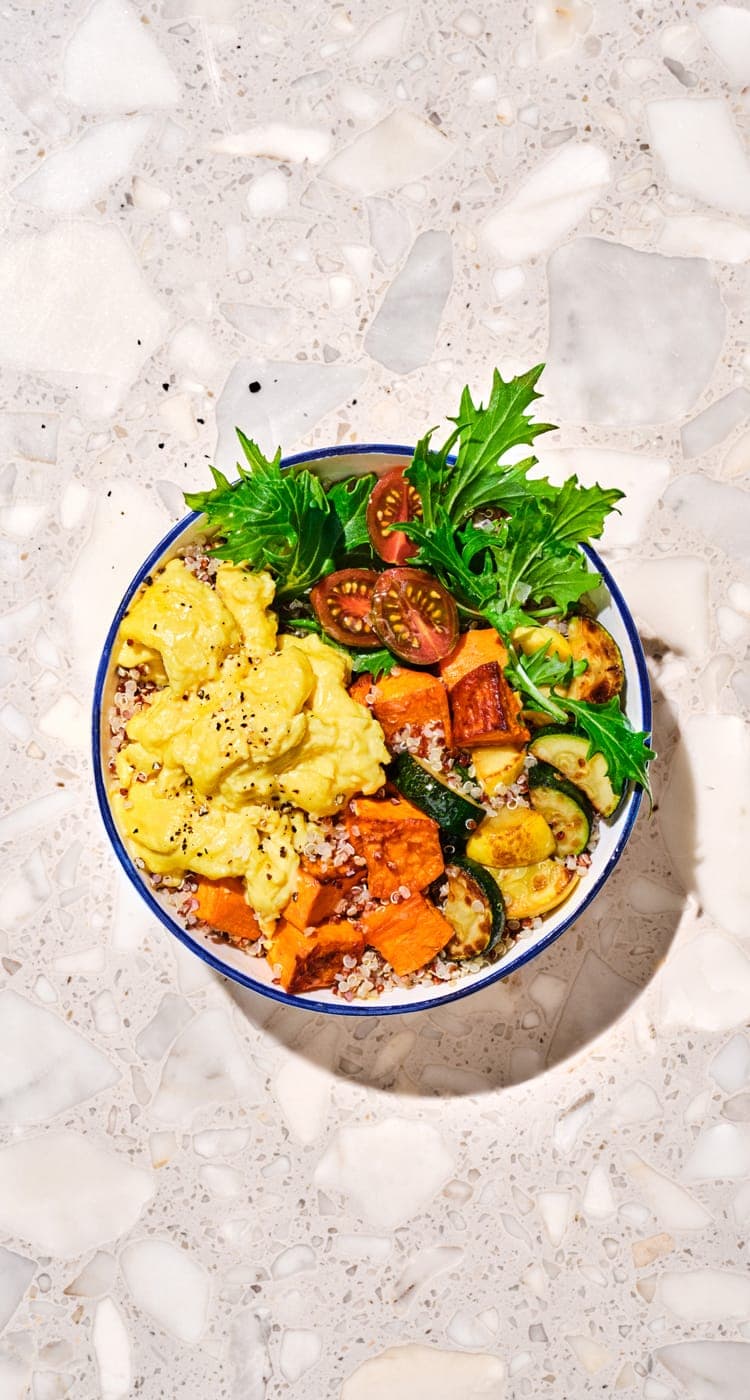JUST Egg uses
0%less water
It takes 53 gallons of water to produce a single chicken egg. It’s not because of thirsty chickens; it’s because of the water that goes into growing so much feed. By making JUST Egg directly from plants, we use 98% less water.






